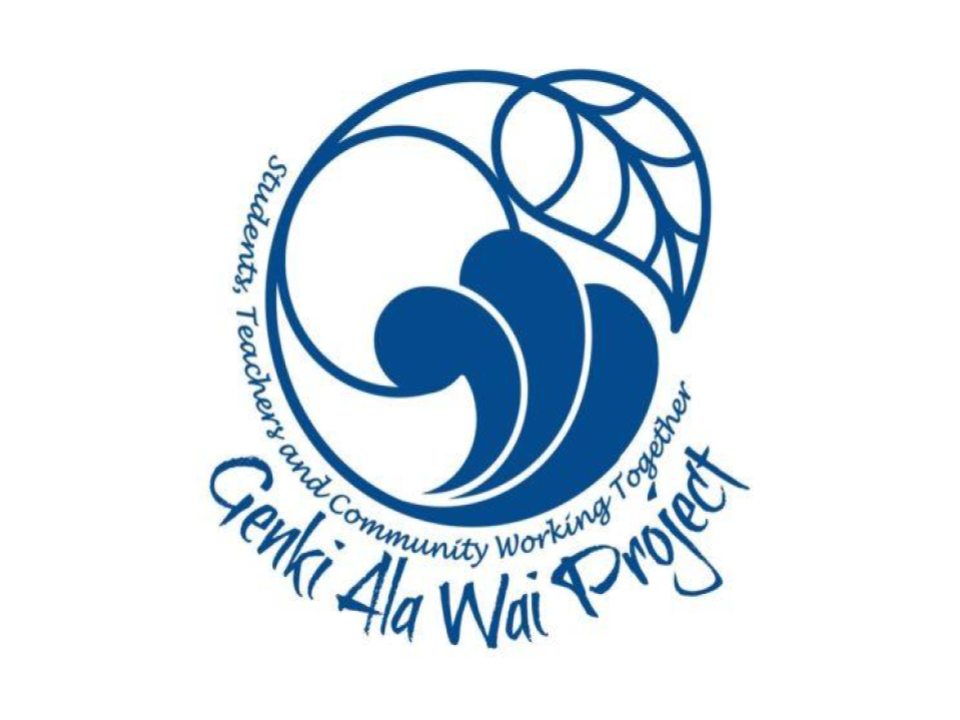Test Sites
-
The Jefferson Elementary School test site is located near the Waikiki-Kapahulu Public Library.
-
The Ala Wai Elementary School test site is located near the Ala Wai Community Garden.
-
The Ritz-Carlton test site is located between Kalaimoku Street and Launiu Street.
-
The Hawaii Convention Center test site is located in back of the Hawaii Convention Center.
Enterococci
Enterococci are bacteria found in the intestines of humans and other warm-blooded animals. Their presence in oceans, rivers, or streams signals fecal contamination, which can carry harmful germs like bacteria, protozoa, and viruses. Enterococci are used to judge if water is safe for swimming. The U.S. Environmental Protection Agency (EPA) sets the safety limit for recreational waters at no more than 35 most probable number (MPN) per 100 milliliters of water, averaged over time using a geometric mean to account for daily changes (EPA Recreational Water Quality Criteria, 2012).
Enterococcus levels can change quickly because they are influenced by many factors, including rainfall, tides, runoff, sewage spills, and even wildlife. A single test may show a spike or drop, which is why health agencies use a geometric mean (an average over time) to get a more reliable picture of overall water quality.
Source: U.S. Environmental Protection Agency. 2012 Recreational Water Quality Criteria. EPA-820-F-12-058. EPA link
Jefferson Elementary
Ritz-Carlton
Ala Wai Elementary
Convention Center
Turbidity
Turbidity measures how clear or cloudy the water is. Cloudiness comes from particles like mud, sand, silt, organic matter, or even chemicals that block light from entering the water. When turbidity is high, less sunlight reaches underwater plants, which harms the ecosystem, and suspended particles can also carry harmful germs. Turbidity levels naturally go up and down depending on rain, tides, erosion, and runoff, so readings often fluctuate. For ditches and flumes, the Department of Health standard is 5 Nephelometric Turbidity Units (NTU) or less to help protect both recreational and environmental health.
Jefferson Elementary
Ritz-Carlton
Ala Wai Elementary
Convention Center
Ammonia
Organisms release ammonia through waste. Decaying organic matter also contributes to ammonia levels.
Excess ammonia can inflict gill membrane damage and prevent normal respiration.
Jefferson Elementary
Ritz-Carlton
Ala Wai Elementary
Convention Center
Nitrite and Nitrate
Beneficial bacteria convert ammonia to nitrite and nitrate. Excess nitrite and nitrate can stress fish and suppress their immune system, in addition to inflicting gill damage and affecting normal respiration. Excess nitrate can also provide a nitrogen source that leads to algal blooms.
Jefferson Elementary
Ritz-Carlton
Ala Wai Elementary
Convention Center
pH
pH readings measure water acidity. A pH reading of 7.0 is considered neutral. Acidic conditions are below 7.0 and alkaline conditions are above 7.0.
Excess waste can cause pH changes.
Jefferson Elementary
Ritz-Carlton
Ala Wai Elementary
Convention Center
Salinity
Salinity is a measurement of the amount of salt in water, measured in parts per thousand (ppt).
Lower salinity levels indicate fresh water intrusion, caused by heavy rain.

